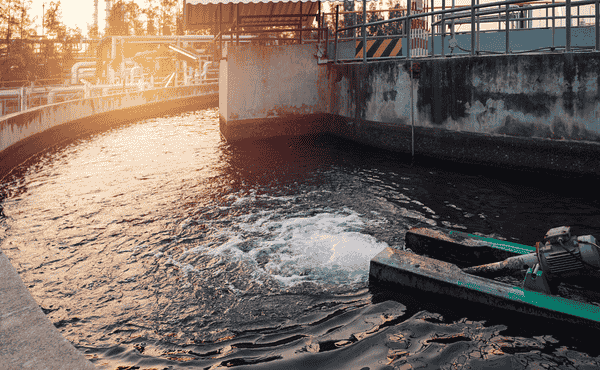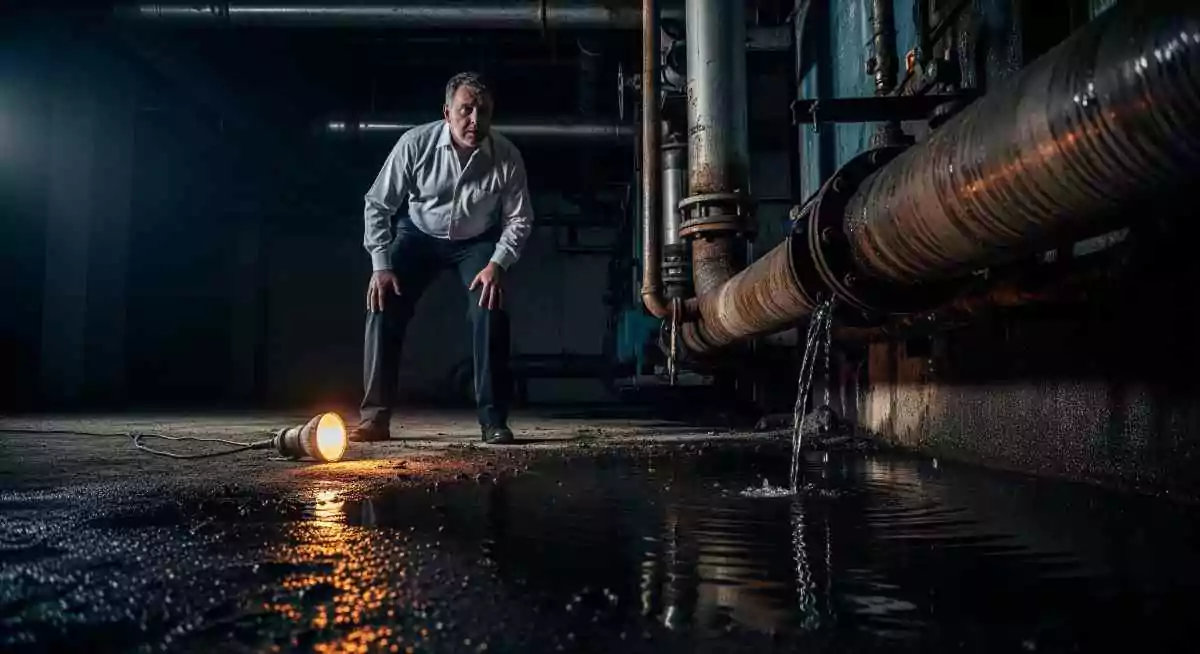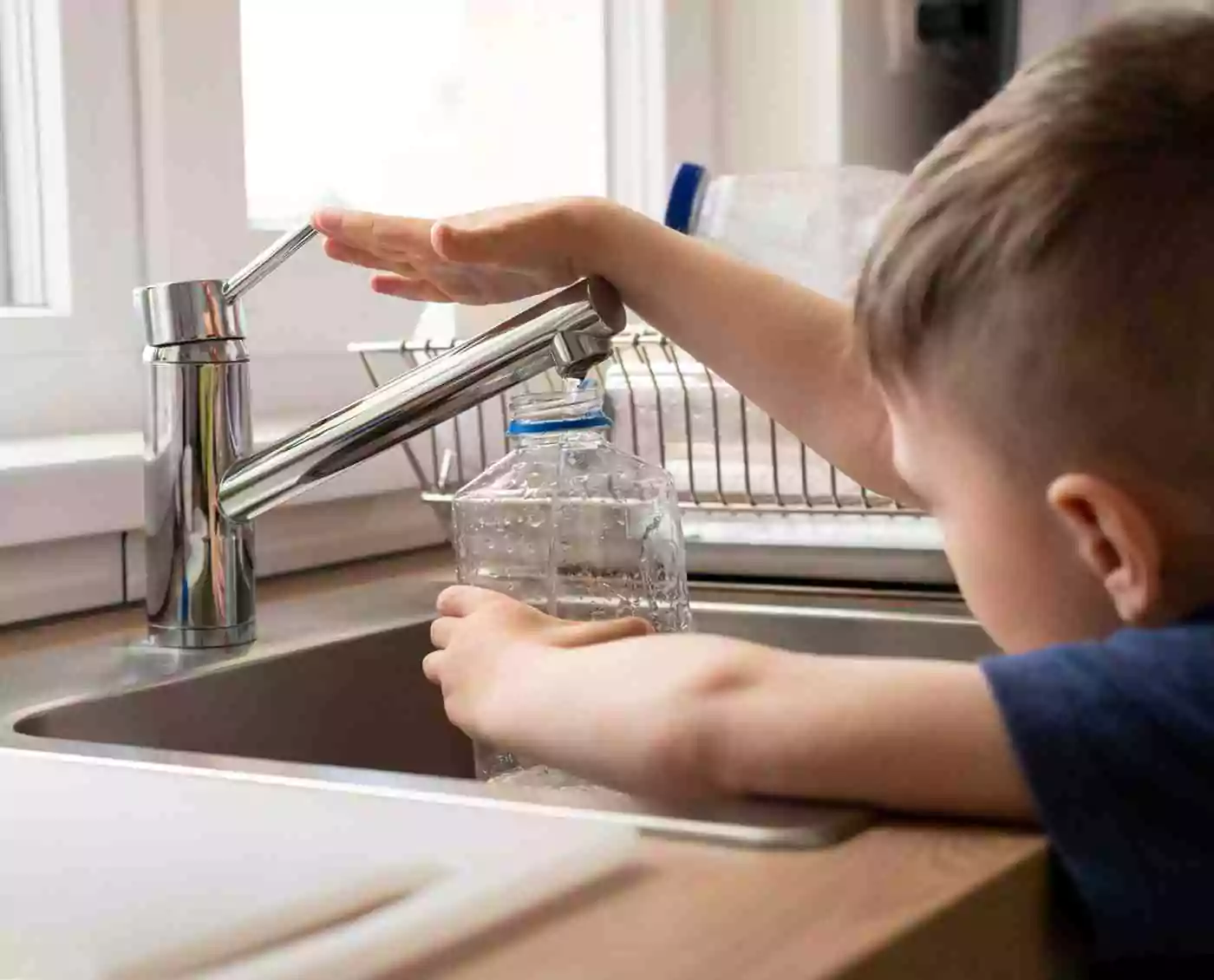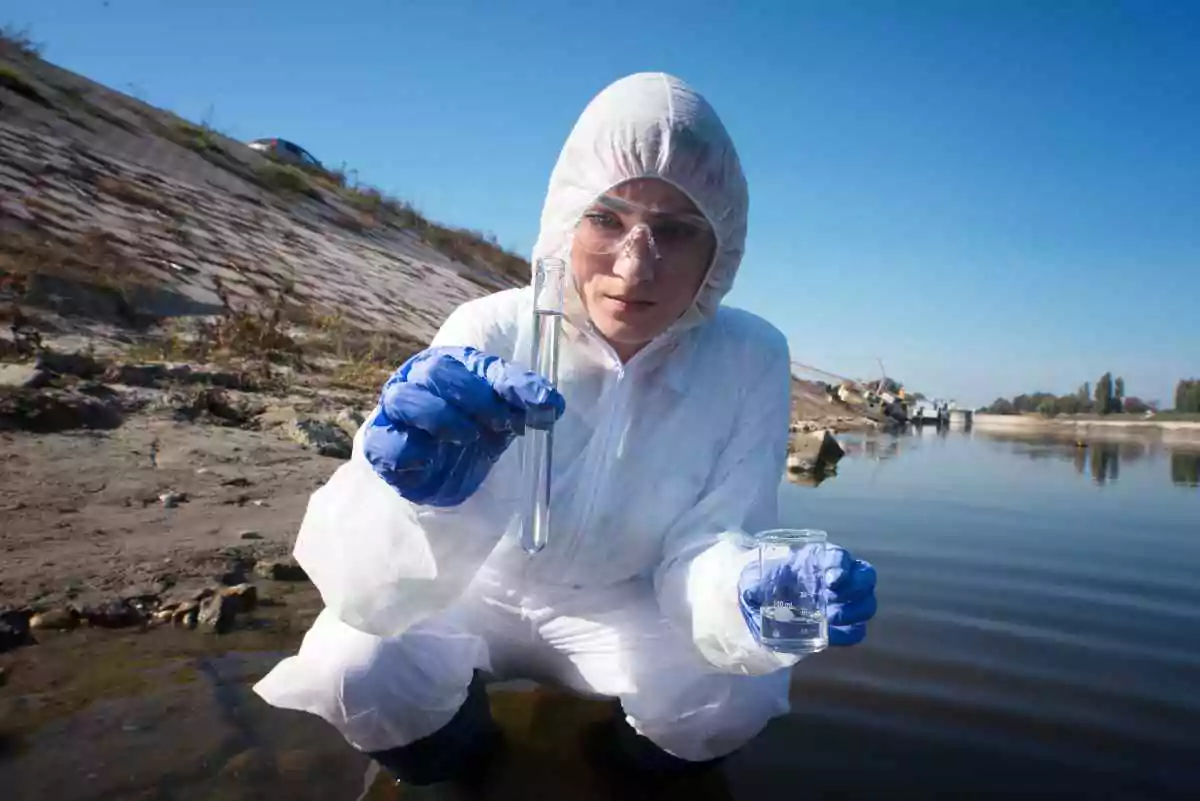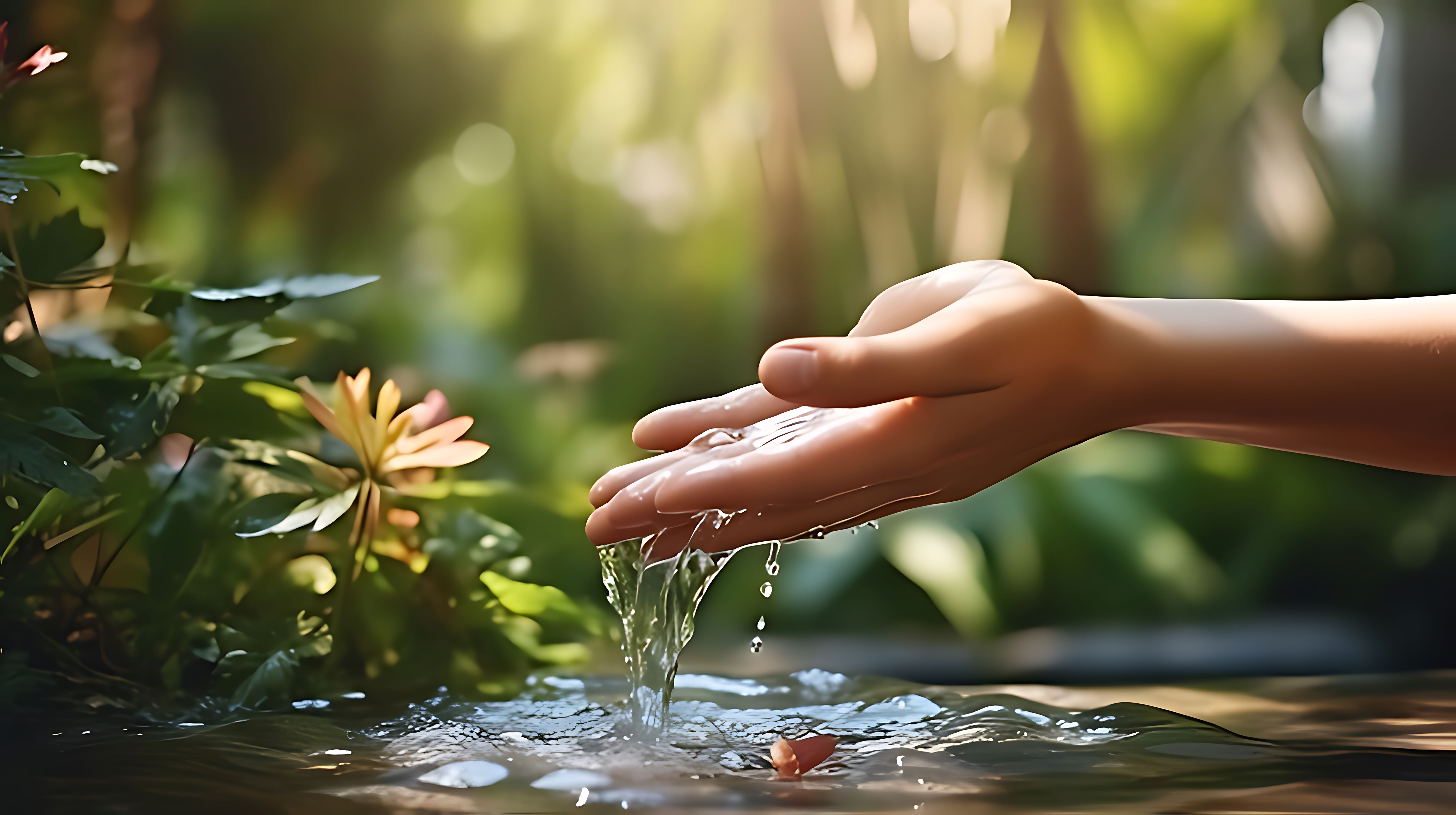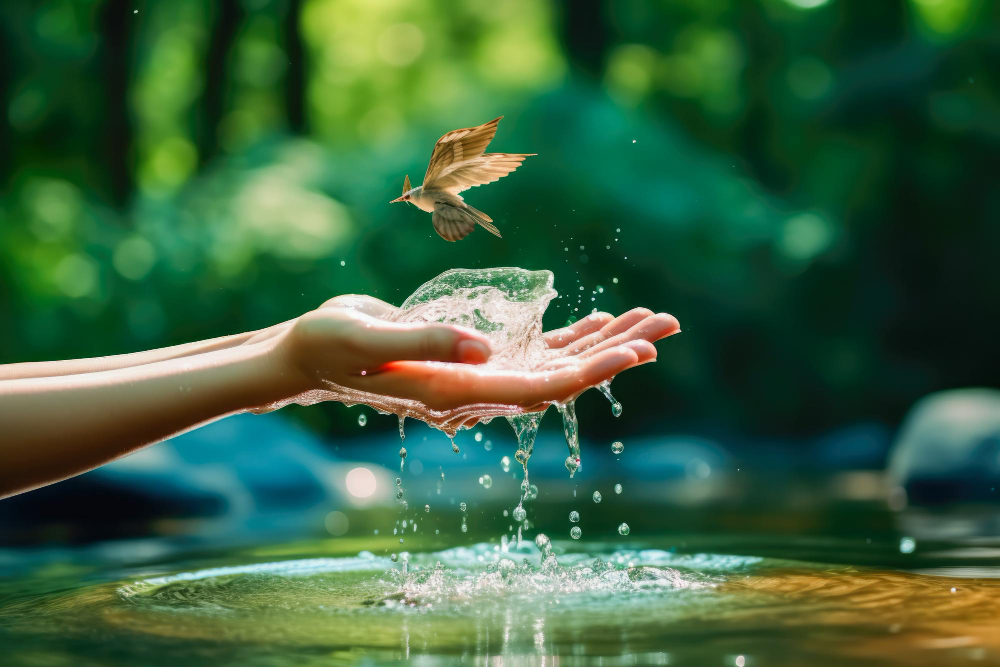A Guide to Protecting Yourself from Water Contamination
- 22 February, 2025
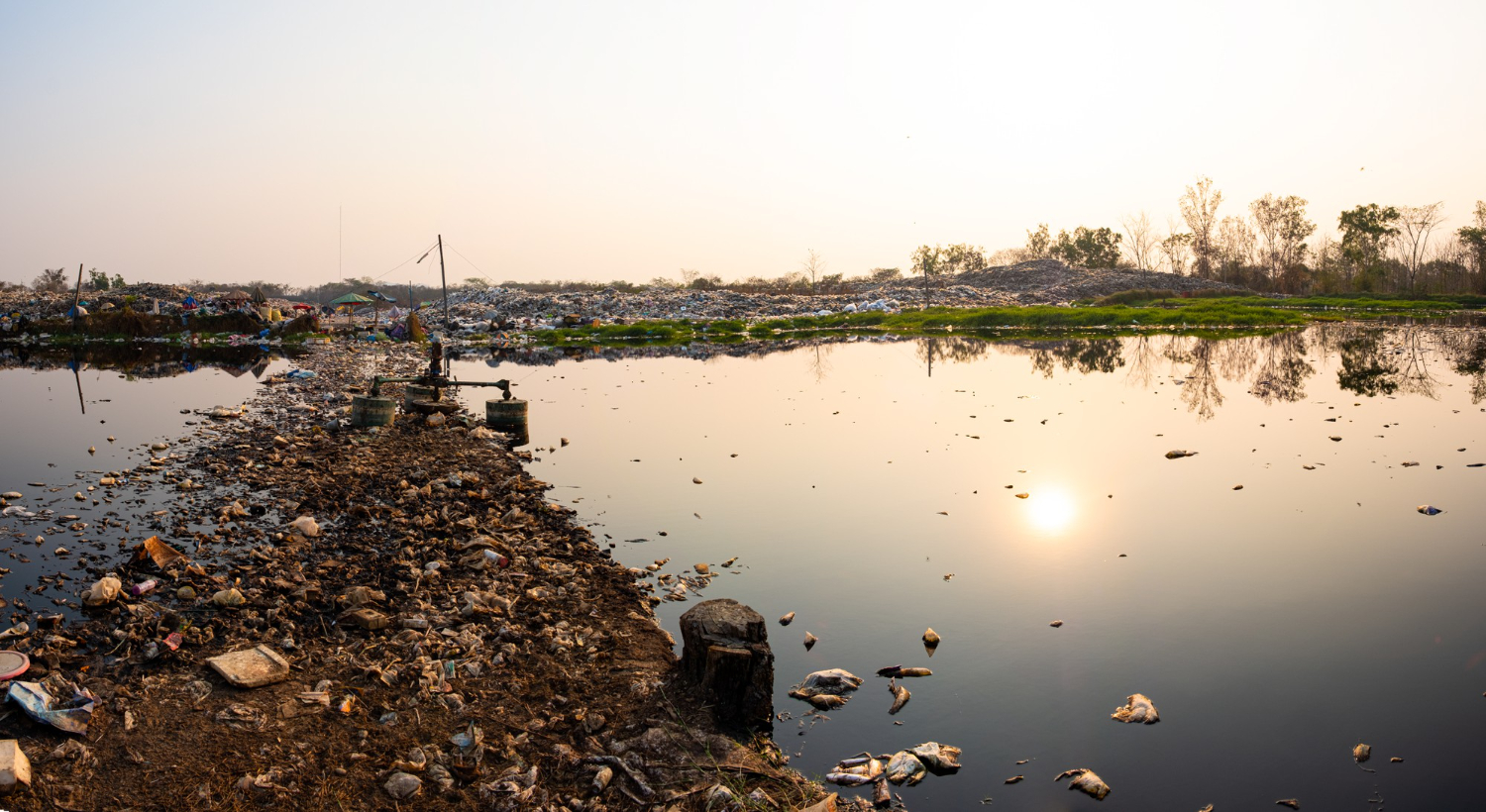
The recent concerns over water contamination at the Maha Kumbh serve as a stark reminder of the importance of water quality. While large gatherings often bring attention to water safety, the reality is that water contamination affects us every single day. Whether it is the water we drink, cook with or bathe in, its quality directly impacts our health and well-being. Understanding how to protect yourself from waterborne diseases and ensuring access to safe drinking water is essential.
Why Water Quality Matters for Your Health
Clean water is essential for good health. Contaminated water can carry harmful bacteria, viruses and chemicals that lead to diseases like cholera, typhoid and dysentery. Long-term exposure to pollutants such as heavy metals and industrial waste can result in chronic illnesses including kidney damage, neurological disorders and weakened immunity. Poor water quality does not just affect people during festivals or natural disasters; it is a daily concern that often goes unnoticed.
How to Identify Contaminated Water
Many people assume the water flowing from their taps is safe but this is not always the case. Water contamination can occur due to several reasons including old and corroded pipelines, industrial discharge, agricultural runoff and inadequate treatment facilities. Here are some warning signs of unsafe water:
-
Unusual Colour
Water that appears brown, yellow or cloudy may contain rust, dirt or harmful chemicals.
-
Foul Smell
A chlorine-like or rotten egg smell could indicate chemical contamination or bacterial growth.
-
Odd Taste
If your water has a metallic or bitter taste, it may contain heavy metals such as lead or iron.
-
Visible Particles
Floating debris or sediment in water suggests contamination from external sources.
Even bottled or filtered water is not always safe. Without regular testing, there is no guarantee that the water meets the necessary safety standards. Borewells and community water supplies also need periodic checks to ensure they remain free from contaminants.
Lessons from Large-Scale Water Contamination
The situation at the Maha Kumbh highlights what happens when water quality is ignored. The high levels of contamination reported in the river during the festival were not just a one-time occurrence. Water bodies across the country suffer from pollution due to untreated sewage, industrial waste and poor sanitation practices. The concern for safe water should not be limited to big events; it must be a continuous effort to prevent long-term health risks.
If regular water testing had been in place before the Maha Kumbh, authorities could have taken proactive measures to prevent contamination rather than responding to it after the damage was already done. This approach should extend beyond festivals and become part of routine public health and environmental management.
How to Protect Yourself and Your Family
Ensuring access to safe drinking water requires proactive steps. Here is what you can do to protect yourself from water contamination:
-
Test Your Water Regularly
Homeowners and businesses should invest in water testing services to check for bacteria, heavy metals, nitrates and other impurities. Testing should be done at least twice a year.
-
Use Water Purification Methods
Installing a reliable water purifier that removes bacteria, viruses and chemical contaminants is essential. Boiling water before consumption is also an effective method to kill harmful microbes.
-
Ensure Proper Storage
Store drinking water in clean, covered containers to prevent contamination. Avoid using plastic bottles that can degrade and release harmful chemicals.
-
Be Aware of Local Water Quality Reports
Stay informed about the water quality in your area. Local authorities often release reports on contamination levels, which can help you take necessary precautions.
-
Report Any Signs of Pollution
If you notice unusual smells, colours or tastes in your tap water, report it to the relevant authorities. Community action plays a crucial role in maintaining clean water sources.
-
Avoid Direct Contact with Polluted Water
If you are near rivers, lakes or other water bodies that show signs of contamination, avoid bathing or washing in them. Polluted water can cause skin infections and other health issues.
-
Encourage Sustainable Practices
Support policies and initiatives that aim to reduce industrial waste, promote water conservation and improve sewage treatment facilities.
A Long-Term Commitment to Water Safety
The water crisis at the Maha Kumbh should serve as a wake-up call. Water quality is not just an issue for grand festivals; it is something that affects us all every day. Whether in homes, schools, offices or places of worship, access to clean water is a fundamental right and a necessity for good health.
Instead of addressing water safety only during major events, we must integrate it into our daily routines. Regular testing, better waste management and stricter regulations will ensure that the water we rely on remains clean and safe not just for today but for future generations as well. By taking small but essential steps, we can protect ourselves and contribute to a healthier, safer environment.


